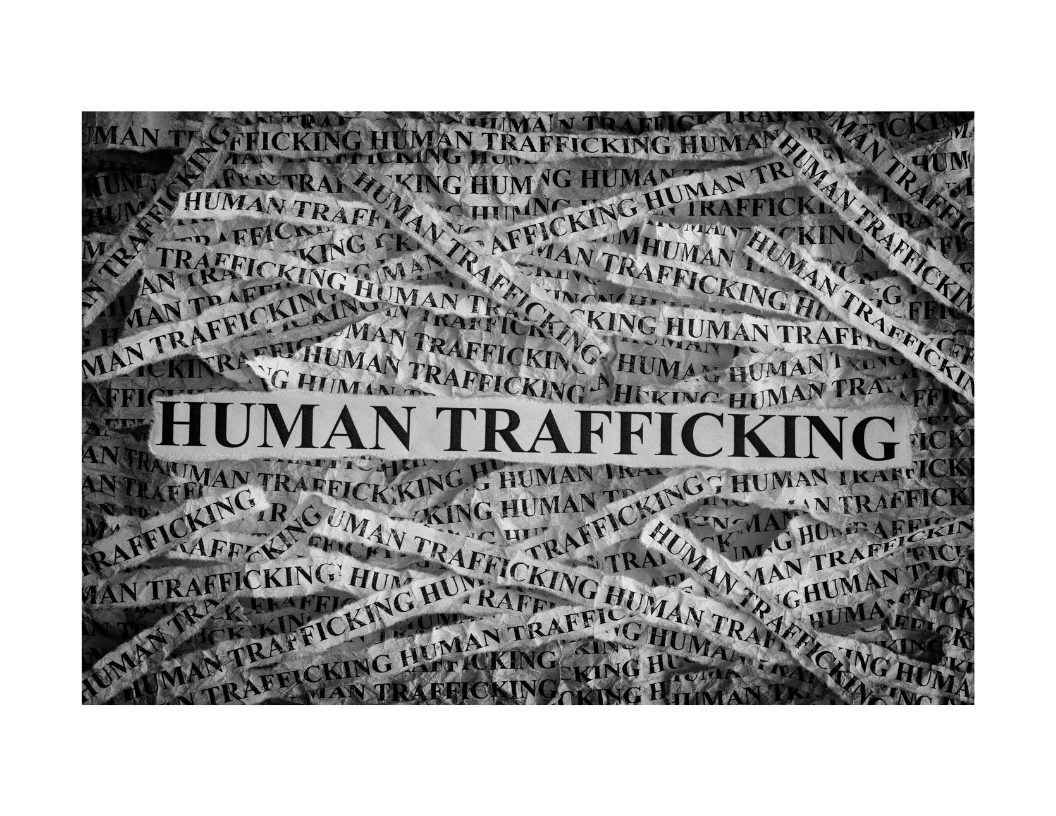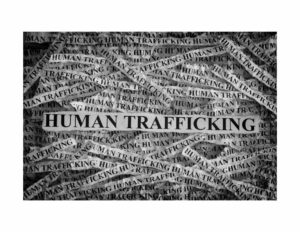Human trafficking does not happen elsewhere, it happens here

By Suzanne Rea, LICSW, Wayside Youth and Family Support Network Clinical Supervisor


However, behind the headlines there are women and children being trafficked every day. It’s a common enough of an occurrence that there’s an acronym for it when it involves children – CSEC – Commercial Sexual Exploitation of Children.
Let that sink in for a minute.
Our CEO, Eric Masi, recently wrote a letter to the editor published in the Boston Globe pointing out that each year we shelter about 100 youth who have been trafficked. But let’s not get comfortable with that acronym because commercial sexual exploitation of children is real and it’s not something that happens elsewhere, as he noted. It’s happening in Massachusetts and Florida and states in between.
Q: How can we stop it? Let’s start with what it is.
A: CSEC is a form of sexual abuse against a minor, who is under the emotional and mental control of an adult who exchanges them for financial gain or services. Some examples include pornography, private parties, and escort services. CSEC is NOT prostitution, “promiscuity,” or consensual. Trafficking is the method by which someone recruits, transports, and/or harbors a child for the purpose of sexual exploitation.
Q: Who is at risk?
A: All youth under the age of 18 are at risk, regardless of race, gender, sexual orientation, or socioeconomic status; however, there are risk factors that make youth more vulnerable than others:
- Females
- Youth who are separated from their families
- Youth who have mental health concerns or intellectual disabilities
- Youth with substance abuse
- Youth who identify as LGBTQ+
- Youth who runaway or are homeless
- Youth who experience abuse, neglect, or witness domestic violence
Q: How do I know if a child I care about is a victim of CSEC?
A: Being informed of the risk factors and the warning signs is a critical step in the fight against child trafficking. You can then inform others of the warning signs and risks. There is no one warning sign and it’s important to not look at one factor in isolation. Often a youth who are victims of CSEC will exhibit multiple warning signs including:
- Running away and unexplained absences from school
- Coming home with electronics, jewelry, tattoos, or clothes that you know they can’t afford
- Abrupt changes in behaviors such as isolation, fearfulness, depression, aggression
- Unexplained bruising or other signs of physical trauma (usually only on the body and not on the face)
- Having multiple cell phones and/or frequent and secretive use of internet/social media
- Has a “boyfriend” or “friend” who is significantly older
- Clothing is not appropriate for the season
Q: What do you do if you suspect a child is a victim of CSEC?
A: You do not need to have specific details about the abusers or proof. If you suspect something is wrong, report it immediately. It’s important to remember that the youth is a victim, not a criminal. Avoid pejorative labels such as “prostitute” as the use of these terms only increases their shame and makes it harder to disclose. They are also likely worried about their safety because they are under the control of someone who is threatening and/or violent.
Resources:
Mass. Department of Children and Families Child-at-Risk hotline: 1-800-792-5200
The National Trafficking Hotline: 1-888-373-7888
Mass. Attorney General’s Human Trafficking Division: (617) 963-2011
Mass. Human Trafficking Organizations
Q: What are we doing about this?
A: We help these youth by partnering with incredible organizations such as My Life, My Choice (MLMC). By partnering with mentors from MLMC, and therapy, we educate and empower young girls to create safe and healthy relationships. We also work to ensure these youth and families know they are a victim of abuse and not a criminal. For more information, call Wayside Youth & Family Support Network at 508-879-9800.

